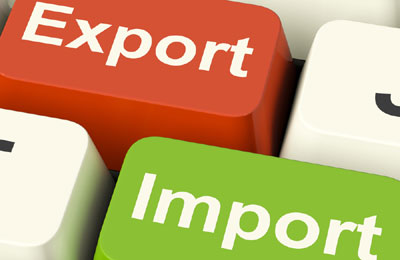
US explores ways to boost trade with Mideast
Dubai, December 12, 2012
The United States is exploring ways to boost trade ties with the UAE and other Middle Eastern countries, a senior US Commerce Department official said.
Francisco Sanchez, under-secretary for international trade, declined to comment whether the US is working on new free trade agreements with Middle Eastern countries but said that the US government is introducing initiatives that reduce trade barriers between the two regions.
Some countries in the region are struggling to repair economic damage caused by political upheavals of the Arab Spring, and high unemployment is a common concern. Egypt, Libya and Tunisia have experienced waves of industrial unrest as they seek to lure back foreign investors.
He said the international economic crisis of 2008-09 had taught a lot of businesses in the US of the need to think globally.
"We're now seeing more companies looking for opportunities overseas, and the Middle East is a very good and attractive place for American companies to engage commercially," he told Reuters on the margins of a business conference.
Asked about the impact of the Arab Spring on attitudes to US trade involvement in the region, Sanchez said: "Regardless of who is in charge now, countries in transition have a lot on their plate.
"Trade may sometimes increase and other times decrease. The United States takes a long view of its commercial relationships and it is a very bright one in the Middle East."
The US has free trade agreements with Oman and Bahrain, and individual trade and investment framework agreements with the four other GCC members.
Total two-way trade between the United States and Gulf Cooperation Council, which comprises Saudi Arabia, Bahrain, Kuwait, Oman, Qatar, and the United Arab Emirates, almost hit $100 billion in 2011, with the US running trade deficit of about $24 billion.
"We had a 50 percent increase in trade with the UAE just between 2010 and 2011. If you go back to 2009 it increased by 100 percent. Two-way trade was $16 billion in 2011," Sanchez said, adding that the figure is expected to increase in 2012.
"The Middle East will continue to be an important part of the world and is one of our targeted markets," he said.
Outside the GCC, countries like Egypt, Tunisia and those in the Levant region also present attractive trade and commercial opportunities for American companies, Sanchez added.
"Obviously those under transition may see a dip in trade, but the long-term prospects we see them as positive." - Reuters







